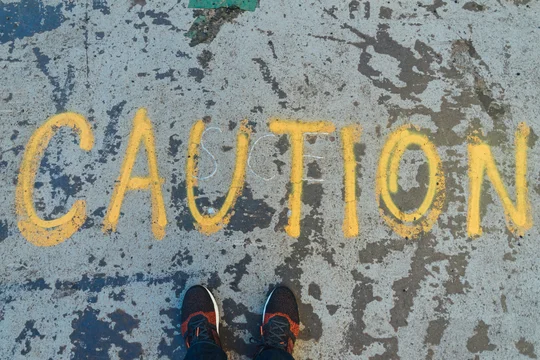
Hearings on motions for summary judgment in patent cases in the District of Delaware can vary in length, but they are typically measured in hours, rather than days.
That's why it was interesting to see the below order by Judge Burke in Scale Biosciences, Inc. v. Parse Biosciences, Inc., C.A. No. 22-1597-CJB (D. Del.) earlier this week.
In it, the Court cancelled a trial set to start Monday, and instead scheduled almost three full days' worth of hearings next week on six pending motions for summary judgment, plus two other motions:
ORAL ORDER: For the reasons discussed with the parties at last Friday’s hearing, the trial previously scheduled to begin on October 20, 2025 is CANCELLED. The Court hereby ORDERS that it will hear oral argument on certain pending motions in Courtroom 2A on the schedule that follows: (1) October 20, 2025 from 9:30 am to 5:00 pm; (2) October 21, 2025 from 9:30 am to 5:00 pm; and (3) October 22, 2025 from 9:30 am to 2:00 pm (if necessary). On these dates, argument will be held on the following motions (in the order set out below): [a list of six motions, including four SJ motions, a trial sanctions motion, and a motion for reargument of a previously-granted SJ motion]
Scale Biosciences, Inc. v. Parse Biosciences, Inc., C.A. No. 22-1597-CJB, D.I. 475 (D. Del. Oct. 14, 2025).
I'm not sure if the upcoming hearings are better characterized as one three-day hearing or three one-day hearings, but I'll call it three hearings for the purposes of this post.
Looking at the docket, it appears that the Court has already heard oral argument twice on pending SJ motions, including a nearly four hour hearing on June 12, 2025, and another oral argument on the day of the pretrial conference (October 10, 2025).
That makes Monday, Tuesday, and Wednesday the third, fourth, and fifth hearings the parties' SJ motions.
That's a lot. I have been to full-day SJ hearings, and I can remember a few that spanned across days. But I definitely can't recall seeing a case with three or more days' worth of oral argument on SJ motions!
The Exact Circumstances Are Unclear
What are these motions? From a quick review, it looks like there are about eight summary judgment motions total. This is a competitor case with patents asserted in both directions, and there are six live SJ motions related to invalidity or infringement, plus two that were previously denied, as well as a trial sanctions motion and a motion for reconsideration of a previously-granted SJ motion as to one patent.
That's not far outside of the ordinary for a large competitor patent case with patents asserted in both directions, as far as the raw number of motions—but that says nothing of their complexity.
It's not clear what in particular beyond the scope and complexity of the motions may have sparked the Court to cancel the trial and set the hearings. (The transcript has not yet made it to the docket—and even if it does, it will be subject to the normal 90-day waiting period.)
One way or another, though, "our trial could be cancelled in favor of multiple days of oral argument" probably wasn't something that would have occurred to most Delaware counsel as a possibility. But it clearly should be!
Court Provides Guidance on the Argument and on Waiver/Forfeiture
As part of its order cancelling trial and scheduling argument, the Court provided some guidance that the parties should be prepare with record citations for factual positions, that they should be ready to point to where in the briefing each argument was made, and that any new arguments will not be permitted:
The parties are advised that, with regard to these upcoming arguments: (1) To the extent counsel argues that a particular point is found in or amplified by a portion of the record, such as material found in an expert’s declaration or report, they will be expected to cite to the Court the particular paragraphs and lines of the declaration or report that they are referring to (as opposed to simply saying “That is also found [somewhere] in Dr. ____’s declaration/report.”).; (2) If a party is making an argument that is not fairly captured by the relevant prior briefing, that argument will be deemed waived or forfeited. Counsel should be prepared to advise the Court where in the prior briefing it raised the points it is making during argument, if the Court requests this.; and (3) Counsel should expect that if an argument they are making was not clearly raised in the prior briefing, supplemental briefing on that point will not be permitted.
Scale Biosciences, Inc. v. Parse Biosciences, Inc., C.A. No. 22-1597-CJB, D.I. 475 (D. Del. Oct. 14, 2025).
Those are good practices for any SJ argument, really.
If you enjoyed this post, consider subscribing to receive free e-mail updates about new posts.





